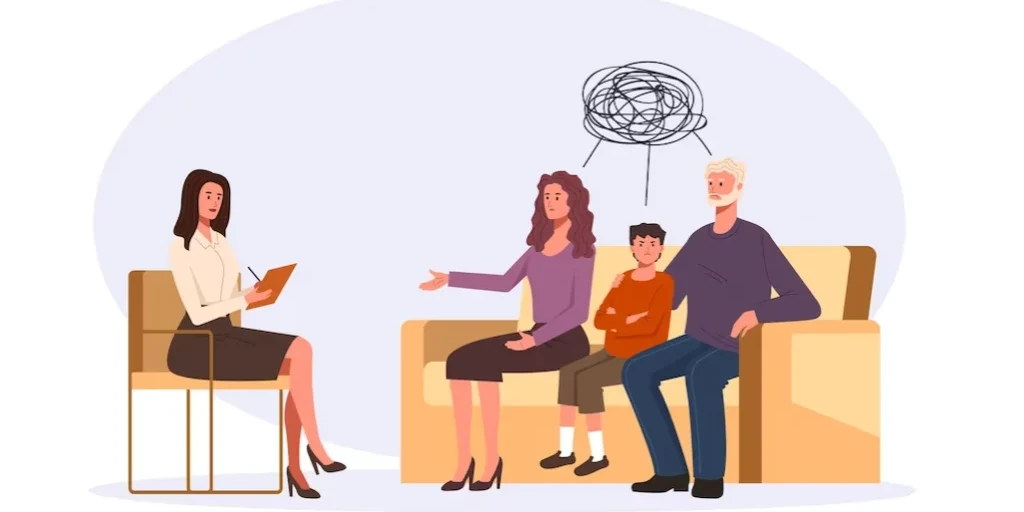24/7 Helpline:
(866) 899-221924/7 Helpline:
(866) 899-2219
Learn more about Ecstasy Detox centers in Pequot Lakes
Ecstasy Detox in Other Cities

Other Insurance Options

Carleon

United Health Care

MHNNet Behavioral Health

Humana

Aetna

Private insurance

Ambetter

BlueCross

EmblemHealth

Regence

Self-pay options

Anthem

MVP Healthcare

Group Health Incorporated

PHCS Network

Magellan Health

State Farm

Evernorth

Magellan

Health Choice










Northern Pines Chemical Health
Northern Pines Chemical Health is a private rehab located in Brainerd, Minnesota. Northern Pines Che...

Pinnacle Recovery Services
Pinnacle Recovery Services is a private rehab located in Brainerd, Minnesota. Pinnacle Recovery Serv...

Mended Reeds Mental Health
Mended Reeds Mental Health (MRMH) is an alcohol and drug rehab center in Ironton, Ohio. They serve m...



































































































Adult Teen Challenge – Life Renewal
Adult Teen Challenge (ATC) Life Renewal is a private, faith-based rehab that provides treatment for ...

Community Addiction Recovery
Community Addiction Recovery is a public rehab located in Brainerd, Minnesota. Community Addiction R...

Northern Pines Mental Health – Brainerd
Northern Pines Mental Health – Brainerd is a private rehab located in Brainerd, Minnesota. Northern ...

Spectrum Outreach Services
Spectrum Outreach Services is a private rehab located in Ironton, OH. Spectrum Outreach Services spe...

Lawrence County Family Guidance Center
Lawrence County Family Guidance Center is a private rehab located in Ironton, Ohio. Lawrence County ...































































